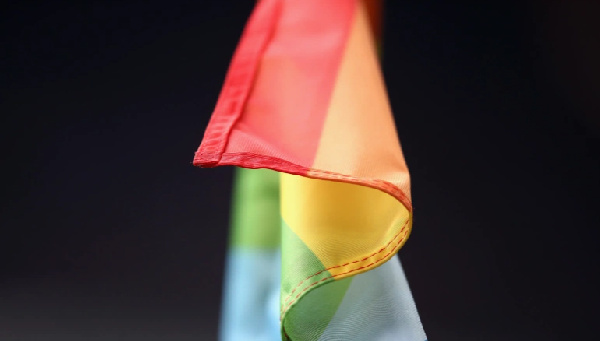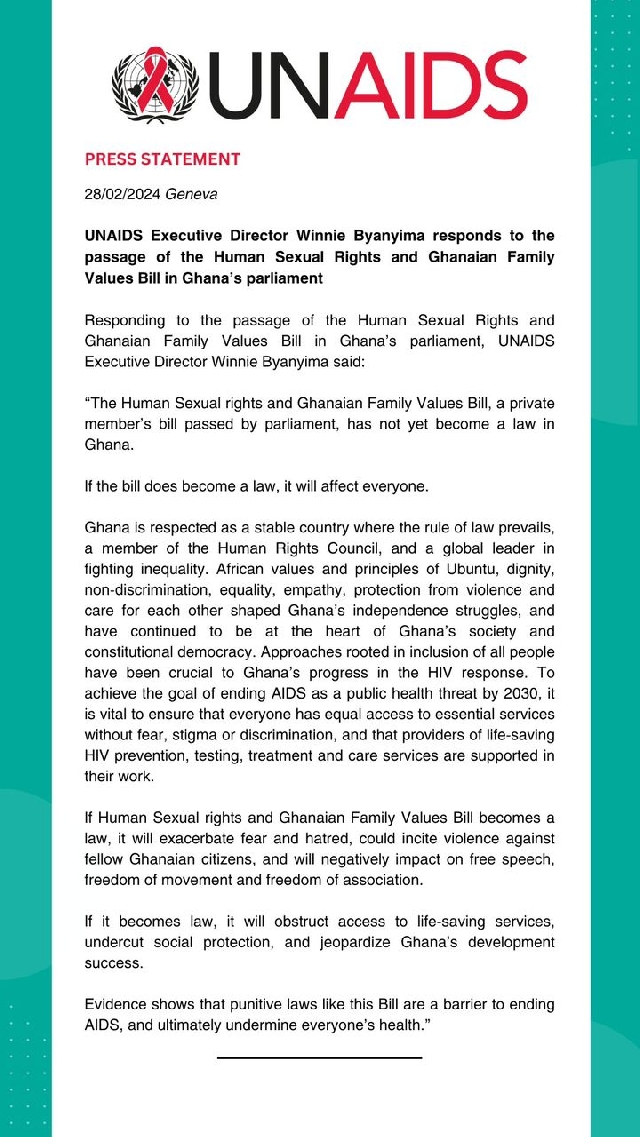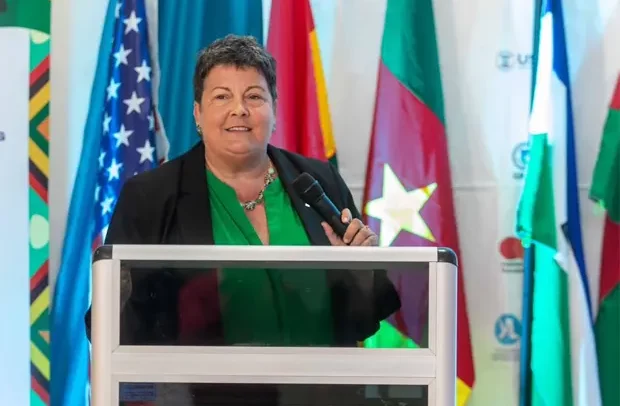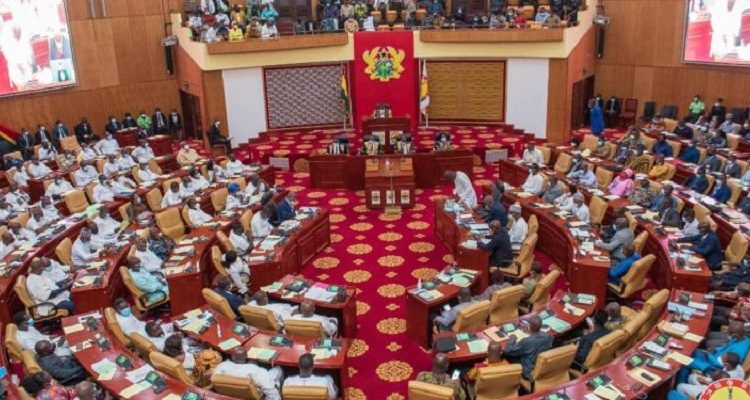
The bill's first reading took place on 2 August 2021, and its consideration is expected to resume in October 2021.
In a statement, the experts stated that "the draft legislation argues that any person who deviates from an arbitrary standard of sexual orientation or gender identity is immediately considered dangerous, sick or anti-social," adding "Such laws are a textbook example of discrimination."
"The proposed law promotes deeply harmful practices that amount to ill-treatment and are conducive to torture, such as so-called 'conversion therapy' and other heinous violations like unnecessary medical procedures on intersex children, and so-called corrective rape for women," they added.
The independent experts, appointed by the Human Rights Council, presented an analysis of the draft bill to the Ghanaian Government, concluding that adopting the legislation in its current or any partial form would be tantamount to a violation of a number of human rights standards, including the absolute prohibition of torture.
According to the experts, attempts to prevent human rights defenders from organising themselves to defend LGBTI people and the absolute prohibition of public debate on sexual orientation and gender identity raises grave concerns about rights to freedom of opinion, expression and association.
Moreover, the bill would essentially legitimise the above instances of violence against LBTI women and reinforce existing gender stereotypes and discrimination against women, which are both causes and consequences of violence against women and girls.
"The consideration of this legislation is deeply perplexing in a country that has been regarded as a champion of democracy in Africa, with an impressive record of achieving certain Millennium Development Goals by 2015," they said. They cited specific concerns about the MDG goals on health, education, employment, housing, and gender justice.
"The draft legislation appears to be the result of a deep loathing toward the LGBTI community. It will not only criminalise LGBTI people, but anyone who supports their human rights shows sympathy to them or is even remotely associated with them.
"Given that LGBTI people are present in every family and every community, it is not very difficult to imagine how, if it were to be adopted, this legislation could create a recipe for conflict and violence." Read Full Story



























Facebook
Twitter
Pinterest
Instagram
Google+
YouTube
LinkedIn
RSS